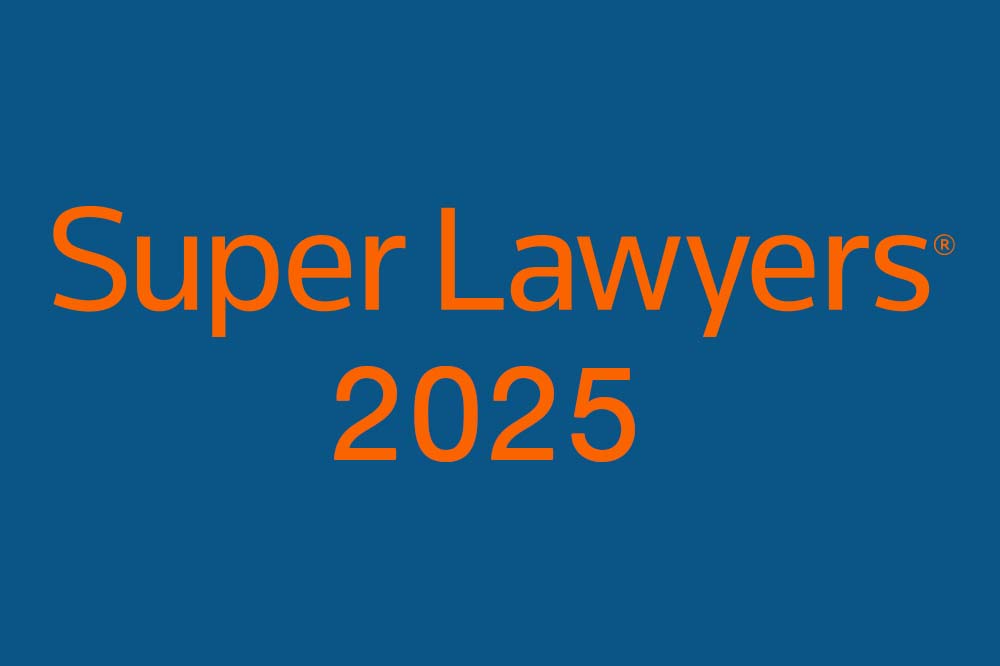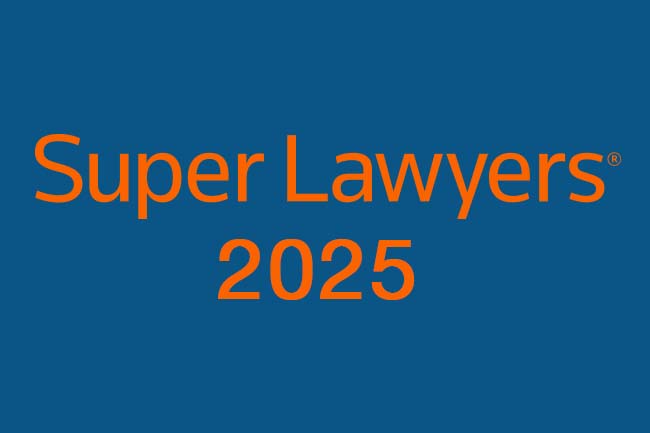What Courts Consider When Deciding Child Custody

Custody is often the most emotionally charged part of a separation or divorce. In Oregon and Washington, courts prioritize the child’s best interests when making custody decisions—but what that means can vary case by case. This article explains the basics of legal and physical custody, and what judges look for when parents disagree.
Legal vs. Physical Custody
There are two types of custody:
- Legal custody is the authority to make major decisions about the child's life (education, healthcare, religion).
- Physical custody refers to where the child lives and how parenting time is divided.
Parents can share either type of custody (joint custody), or one parent may be granted sole custody.
In Oregon, both parents must agree to joint legal custody; if one parent objects, the court must award sole legal custody to one parent. Washington law allows courts to award joint or sole custody based on what’s best for the child.
Factors Courts Consider
Courts consider a range of factors, including:
- The child’s relationship with each parent
- Each parent’s involvement in caregiving
- The ability to support the child’s emotional and developmental needs
- History of domestic violence, substance abuse, or neglect
- The child’s wishes (if mature enough)
- Willingness of each parent to foster a relationship with the other
Each case is unique, and no single factor guarantees a particular outcome.
Parenting Plans
All custody cases require a parenting plan, which outlines how time will be shared, how decisions will be made, and how disputes will be resolved.
A strong parenting plan can reduce conflict and provide stability for children. Courts often prefer plans developed by agreement—but will impose one if necessary.
Learn More
For more information on how we help clients navigate custody cases, visit our Custody service page.

Your Future Starts Here
We take pride in providing individualized legal strategy. Our firm works best with clients who value strategic, long-term planning and professionalism. Apply below to see if we’re a fit.

Additional Resources
Stay informed with our latest articles and resources.







